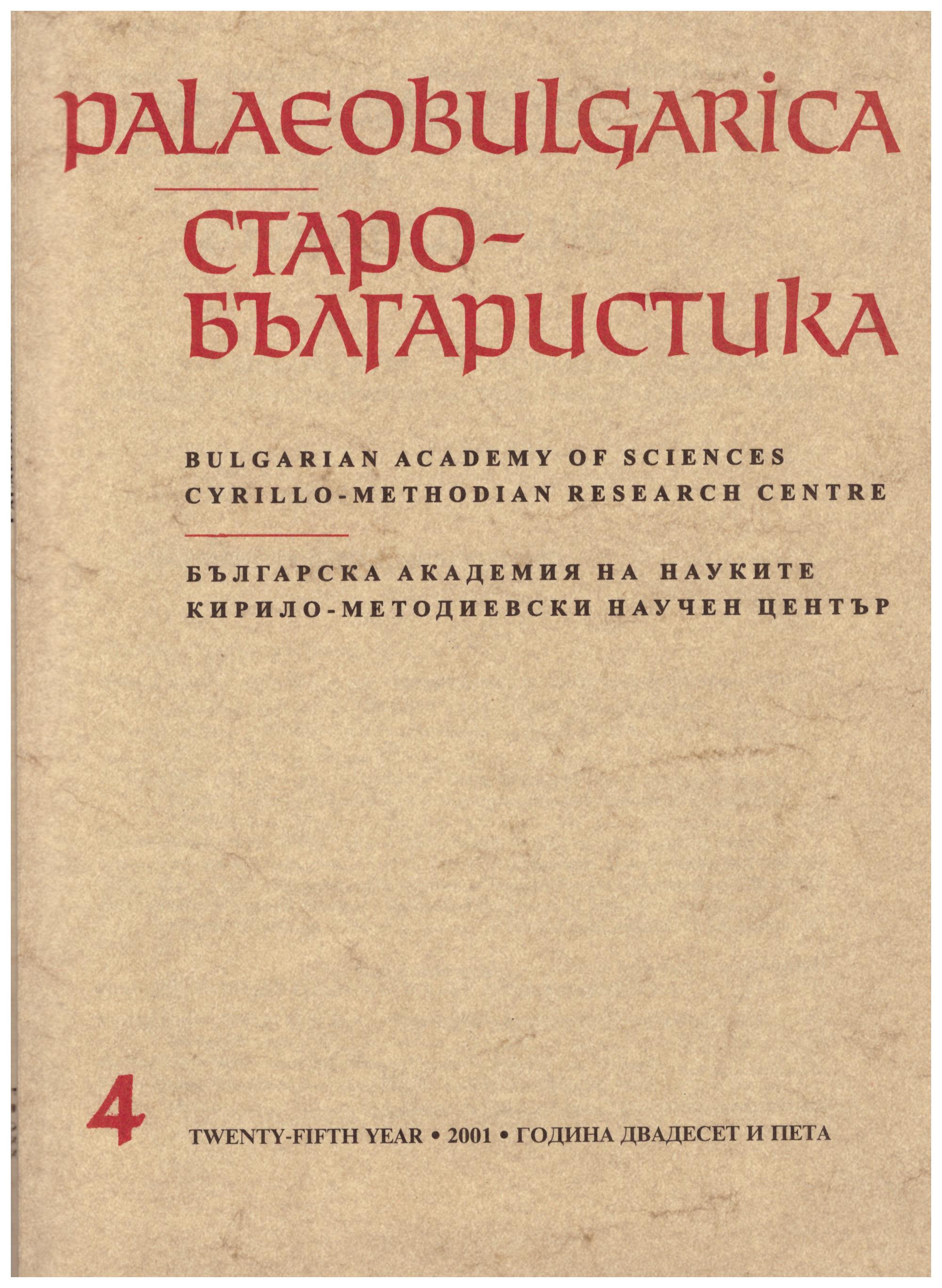Диахронна съпоставка на условните периоди в български и гръцки език
Diachronic Comparison of Conditional Constructions in Bulgarian and Greek
Author(s): Evelina MinevaSubject(s): Language studies
Published by: Кирило-Методиевски научен център при Българска академия на науките
Summary/Abstract: The article describes shortly the most important types of conditional constructions throughout the history of the Greek and the Bulgarian language. In conditional constructions Bulgarian has always used a separate conditional mood. In modern Bulgarian this mood is restricted to the expression of potentiality in conditional constructions. In Byzantine vernacular Greek on the other hand, there was no clear substitute for the defunct ancient Greek optative and conjunctive, but only different periphrastic constructions. In both modern languages verbal forms with undoubtedly temporal meaning acquire modal functions within the framework of conditional constructions. In Greek imperfect and pluperfect combined with the modal particle θα serve to express potential and unreal modality, while in Bulgarian Futurum praeteriti functions as a mood mainly in conditional constructions with an unreal meaning.
Journal: PALAEOBULGARICA / СТАРОБЪЛГАРИСТИКА
- Issue Year: 2001
- Issue No: 4
- Page Range: 99-106
- Page Count: 8
- Language: Bulgarian
- Content File-PDF

